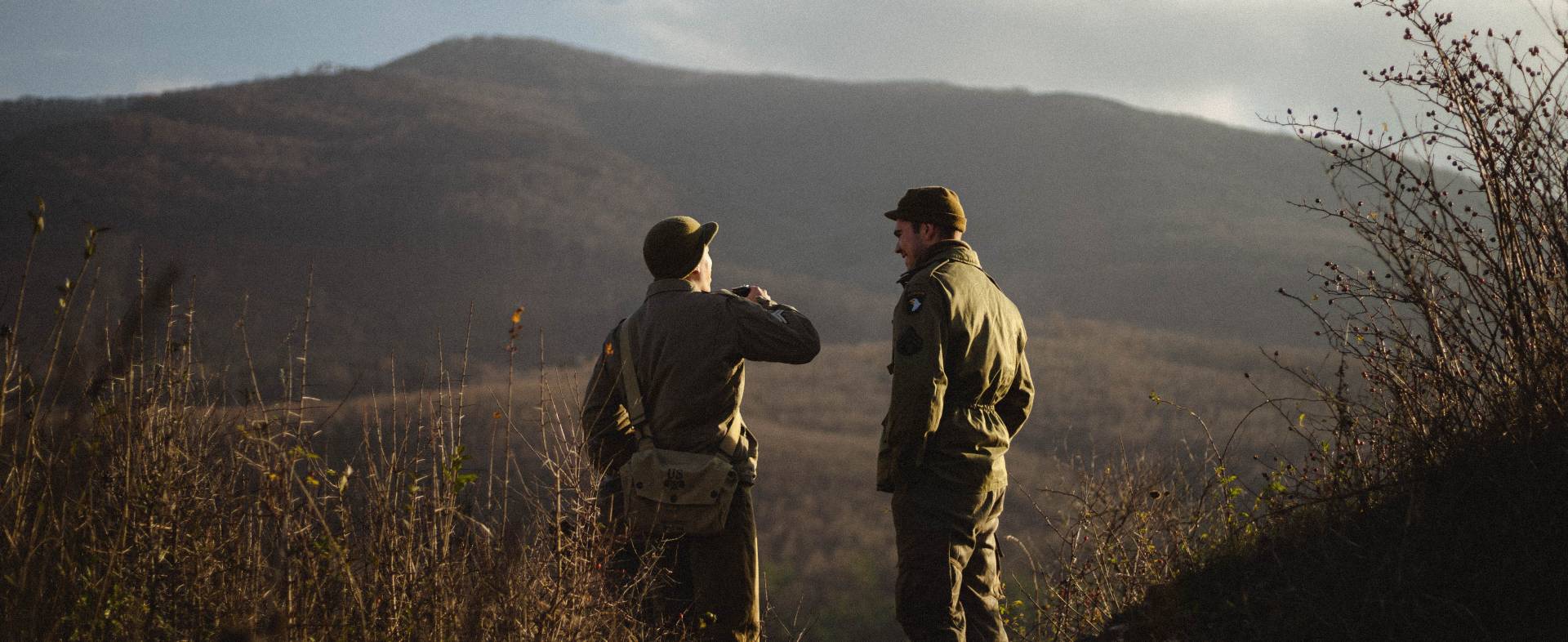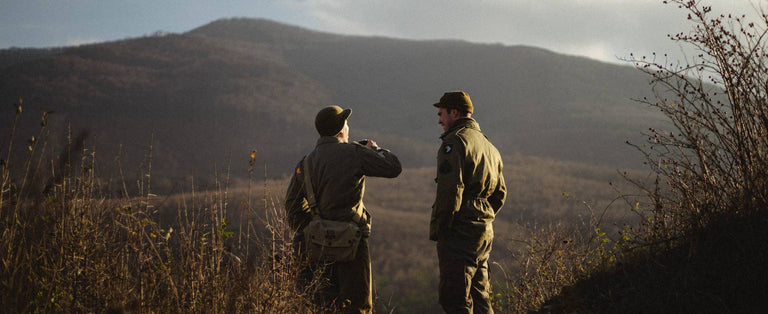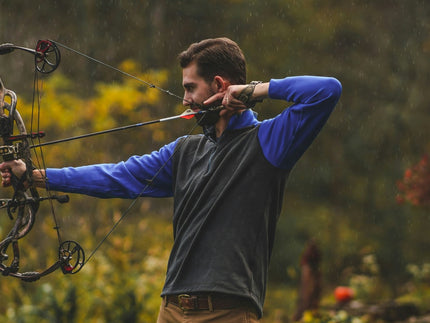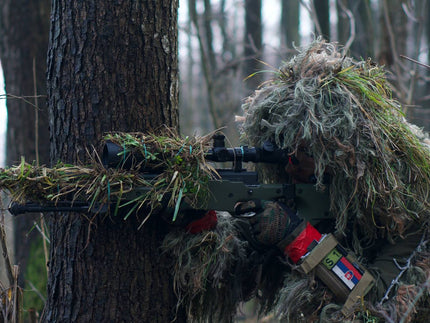Title: "The Hunter's Guide: A Comprehensive Approach to Being Prepared for Hunting Season"
Introduction:
Hunting season is not just a date on the calendar for outdoor enthusiasts; it's a calling, a time when the natural world comes alive with the thrill of the chase. Whether you're a seasoned hunter or a novice, being prepared for hunting season is crucial for a successful and safe experience. In this comprehensive guide, we'll explore the essential aspects of preparation, from gear and skills to ethical considerations, ensuring you make the most of your time in the great outdoors.
I. Know Your Game and Regulations:
Before venturing into the wilderness, it's imperative to know the specific hunting regulations for the area you plan to explore. Different regions have distinct seasons, bag limits, and weapon restrictions. Familiarize yourself with the local wildlife, their habitats, and behavioral patterns. Understanding the game you're pursuing enhances your chances of a successful hunt and contributes to ethical and sustainable hunting practices.
II. Gear Up:
A. Firearms and Ammunition:
Selecting the right firearm is a critical decision that depends on the type of game you're hunting. Ensure your firearms are in top condition by cleaning and inspecting them before the season starts. Check your ammunition, and if you reload, do so with precision. Practice your shooting skills at a range to maintain accuracy and confidence.
B. Clothing and Footwear:
Invest in quality hunting clothing appropriate for the season and terrain. Waterproof and breathable materials are essential for comfort during unpredictable weather. Don't forget to consider scent control clothing to minimize your scent profile. Choose durable and comfortable footwear suitable for the terrain, providing stability and support during long treks.
C. Optics and Navigation:
A good pair of binoculars is invaluable for spotting game from a distance. Consider investing in a quality scope for your rifle to improve accuracy. Equip yourself with a reliable GPS device or map and compass to navigate unfamiliar territory. Familiarize yourself with the area's topography, landmarks, and potential hazards.
III. Safety First:
A. Hunter's Education:
If you're a novice or it's been a while since your last hunting expedition, consider taking a hunter education course. These courses cover essential safety practices, firearm handling, and ethical hunting principles. Staying updated on safety protocols not only protects you and others but also contributes to responsible hunting.
B. First Aid Kit:
Accidents can happen in the wilderness, so it's crucial to carry a well-equipped first aid kit. Include items like bandages, antiseptic wipes, pain relievers, and any necessary prescription medications. Knowing basic first aid skills can make a significant difference in emergencies.
C. Communication:
Ensure you have a reliable means of communication, such as a fully charged cell phone, two-way radio, or satellite communicator. Inform someone of your hunting plans, including your intended location and expected return time. This simple step can be a lifesaver in case of unforeseen circumstances.
IV. Prepare Your Body and Mind:
A. Physical Fitness:
Hunting often requires traversing challenging terrain, so maintaining good physical fitness is essential. Incorporate cardiovascular exercises, strength training, and flexibility exercises into your routine. Being physically fit not only improves your hunting performance but also enhances your overall outdoor experience.
B. Mental Preparation:
Hunting demands patience, focus, and mental resilience. Prepare yourself mentally for long hours of waiting and unpredictable conditions. Practice mindfulness techniques to stay calm and focused, improving your decision-making skills during crucial moments.
V. Environmental Stewardship:
Responsible hunting goes hand in hand with environmental stewardship. Respect the land, wildlife, and other hunters. Follow the Leave No Trace principles, pack out what you pack in, and minimize your impact on the environment. Adhering to ethical hunting practices ensures a sustainable future for both the sport and the ecosystems it relies on.
Conclusion:
Being prepared for hunting season is a multifaceted endeavor that involves a combination of knowledge, gear, skills, and ethical considerations. By taking the time to understand your game, familiarizing yourself with regulations, and investing in the right equipment, you set the foundation for a successful and enjoyable hunting experience. Remember, safety should always be a top priority, and responsible hunting practices contribute to the conservation and preservation of our natural resources. So, gear up, hone your skills, and embrace the call of the wild as you embark on your next hunting adventure.
The Hunter's Guide: A Comprehensive Approach to Being Prepared for Hunting Season
Posted by Green Religion on Dec 4, 2023





